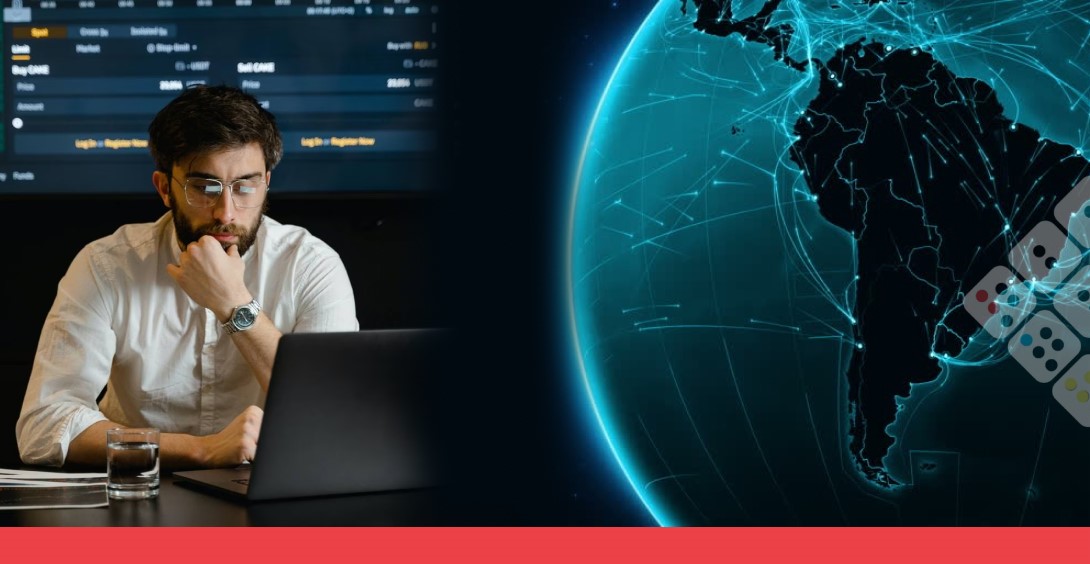The great fintech retrenching

.
Accede al análisis que impulsa la toma de decisiones en la banca latinoamericana
Este contenido exclusivo está disponible solo para miembros registrados de iupana.
Regístrate gratis o inicia sesión para leer el artículo completo y descubrir:
Perspectivas estratégicas sobre innovación, regulación y tendencias en banca digital y fintech
Entrevistas con líderes que están transformando el sector financiero en la región
Reportes y estudios que anticipan los cambios clave del mercado
Acceso prioritario a información para tomar decisiones informadas y fortalecer tu liderazgo
Únete a la comunidad de ejecutivos que marcan la diferencia en la transformación digital de la banca.
